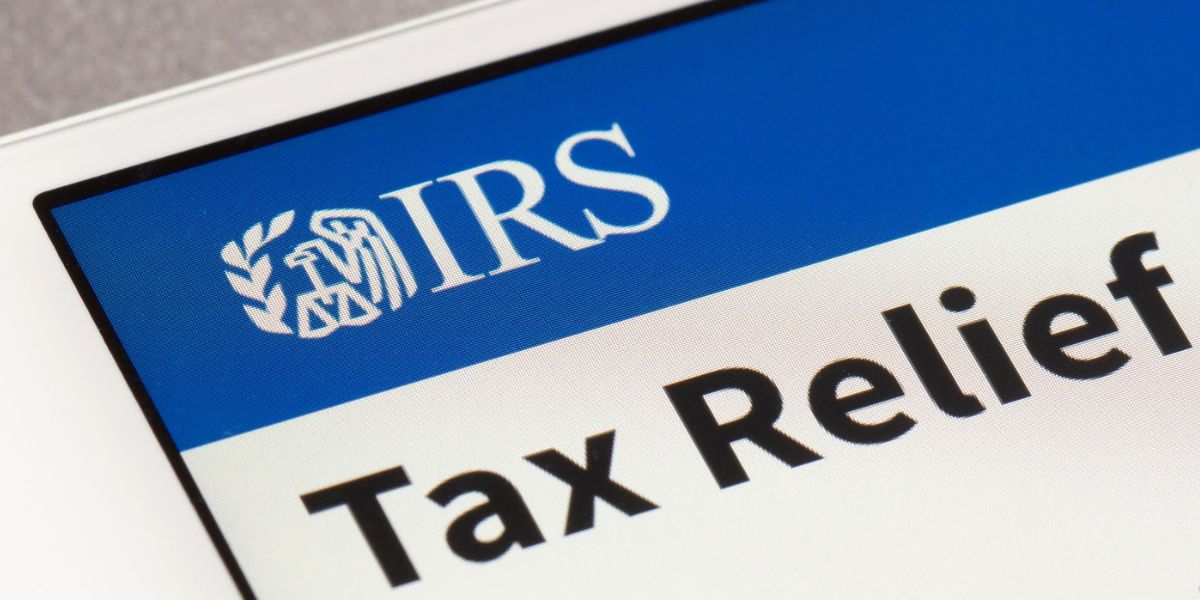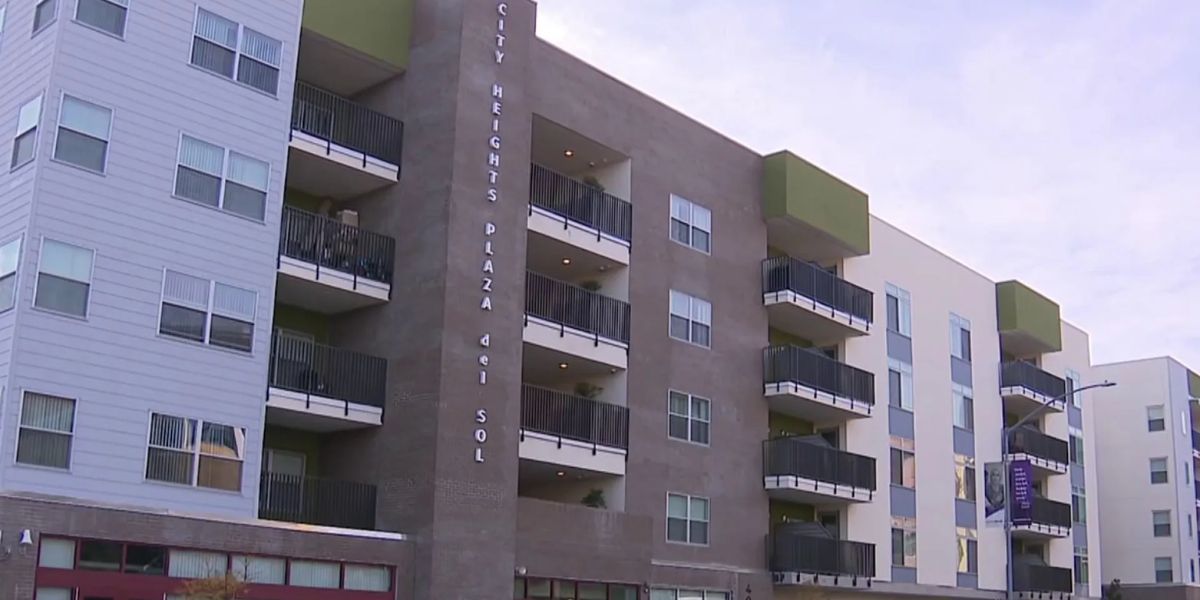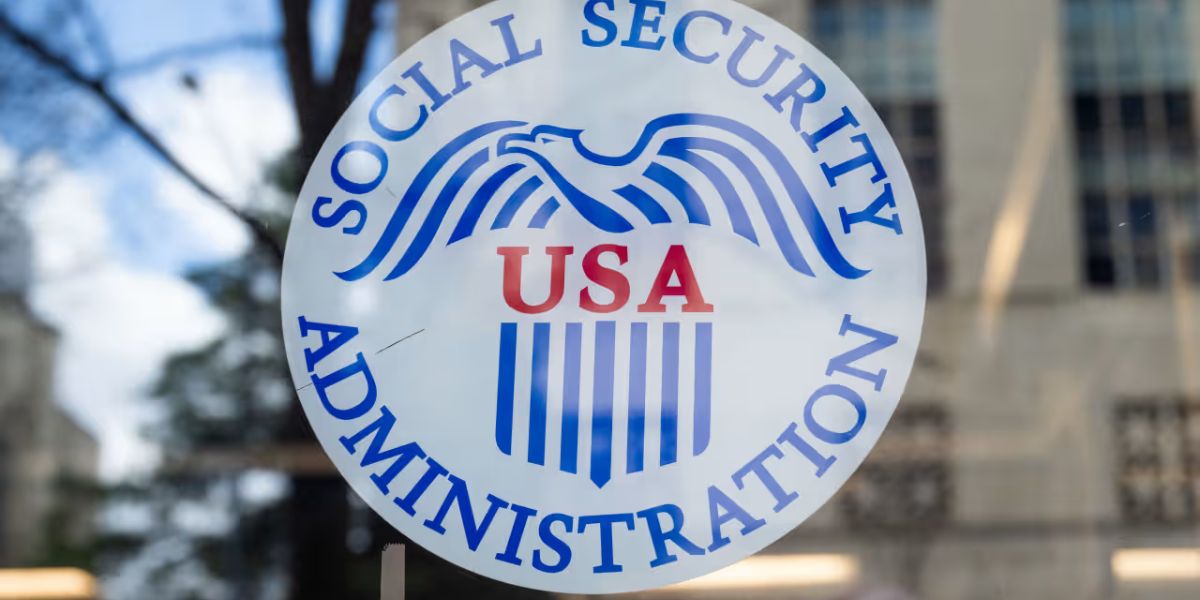For taxpayers in locations impacted by disasters declared in 2024, including Hurricane Helene, the Internal Revenue Service (IRS) has delayed tax refunds until May 2025.
The automatic deadline extension, which is implemented in FEMA-designated zones, pushes out the processing of payments and declarations until May 1, 2025.
The announcement titled “IRS: Relief for Hurricane Helene Victims” states that “taxpayers in disaster areas can receive automatic relief from the IRS without having to submit an application.”
This has a direct impact on the granting of refunds and covers both individual and commercial returns as well as projected payments.
Which regions profited from tax refund deadline extensions?
The extensions were caused by 2024 hurricanes, including Hurricane Helene. The IRS states that even if a taxpayer lives outside of the affected areas, they are still eligible if their records or tax preparers are located there.
The deadline for declarations that were previously due in March or April of 2025 has been extended to May.
In addition to portions of Florida (41 counties), Tennessee (8 counties), and Virginia (6 counties and 1 city), the expansion covers the entire states of Alabama, Georgia, North Carolina, and South Carolina. Residents and companies with tax domiciles in these areas benefit from the act.
Other factors could prolong the dates, even though disaster extensions are the primary cause. For instance, processing paper returns takes six to eight weeks.
Refunds are delayed when errors on W-2 or 1099 forms, or credits like ACTC, necessitate manual reviews.
Similarly, you should not ignore your tax obligations.
Estimated quarterly payments and returns from exempt organizations are also affected by the extensions.
The deadline for taxpayers in selected locations to fulfill these requirements is May 2025. Although the IRS advises electronic filing with direct deposit to expedite procedures, impacted areas are subject to an extended deadline.
According to one tax professional we spoke with, taxpayers are not need to wait until April to file. However, regardless of the submission method, processing is delayed in disaster zones until after May 1, 2025.
The tax address registered in a designated disaster region determines eligibility for the extension. Even if their headquarters are located outside, businesses that operate in certain areas are also eligible.
The list of impacted counties on the IRS’s Tax Relief in Disaster Situations portal is updated on a regular basis.
The areas with extensions were enlarged by events such as Hurricane Milton in Florida. Inquiring taxpayers can use online resources or the IRS Disaster Assistance Hotline to confirm their eligibility.
According to the IRS, “Where’s My Refund?” They let you keep an eye on the refund status.
The primary delay for places covered by the extension is still connected to the extended deadline, though. The Tax Time Guide 2025 cautions that “if ACTC is claimed, no refunds will be issued before mid-February.”
Read Also: Big Relief for Pennsylvania Parents: $2,175 Emergency Funds on the Way
Additional disaster-declared regions with longer IRS deadlines
Since February 10, 2025, Virginia has experienced winter storms and flooding, and the Internal Revenue Service (IRS) has issued tax relief measures for businesses and residents impacted.
The deadline for filing returns and paying federal taxes for taxpayers in FEMA-designated disaster regions has been extended to November 3, 2025.
Cities like Bristol and counties like Bedford, Franklin, and Montgomery are among the eligible localities.
The deferral is applicable to anticipated payments, quarterly payroll statements, IRA contributions, and both personal and corporate income taxes.
As long as they cooperated before February 25, those who were fined for missing deadlines between February 10 and February 25 may ask for their fines to be revoked.
Important dates for businesses have been extended, including the filing deadlines for nonprofits (May 15) and S corporations (originally March 17).
Taxpayers who live outside of the impacted areas should call 866-562-5227 to seek assistance, but the IRS will automatically identify taxpayers within those areas.
Read Also: Secret SSA Loophole Could Mean Bigger Checks — Find Out How
Simplified processes are available to tax experts that handle large cases in order to expedite processing.
Additional disaster-declared regions with longer IRS deadlines
Since February 10, 2025, Virginia has experienced winter storms and flooding, and the Internal Revenue Service (IRS) has issued tax relief measures for businesses and residents impacted.
The deadline for filing returns and paying federal taxes for taxpayers in FEMA-designated disaster regions has been extended to November 3, 2025.
Cities like Bristol and counties like Bedford, Franklin, and Montgomery are among the eligible localities.
The deferral is applicable to anticipated payments, quarterly payroll statements, IRA contributions, and both personal and corporate income taxes.
As long as they cooperated before February 25, those who were fined for missing deadlines between February 10 and February 25 may ask for their fines to be revoked.
Important dates for businesses have been extended, including the filing deadlines for nonprofits (May 15) and S corporations (originally March 17).
Taxpayers who live outside of the impacted areas should call 866-562-5227 to seek assistance, but the IRS will automatically identify taxpayers within those areas.
Simplified processes are available to tax experts that handle large cases in order to expedite processing.



